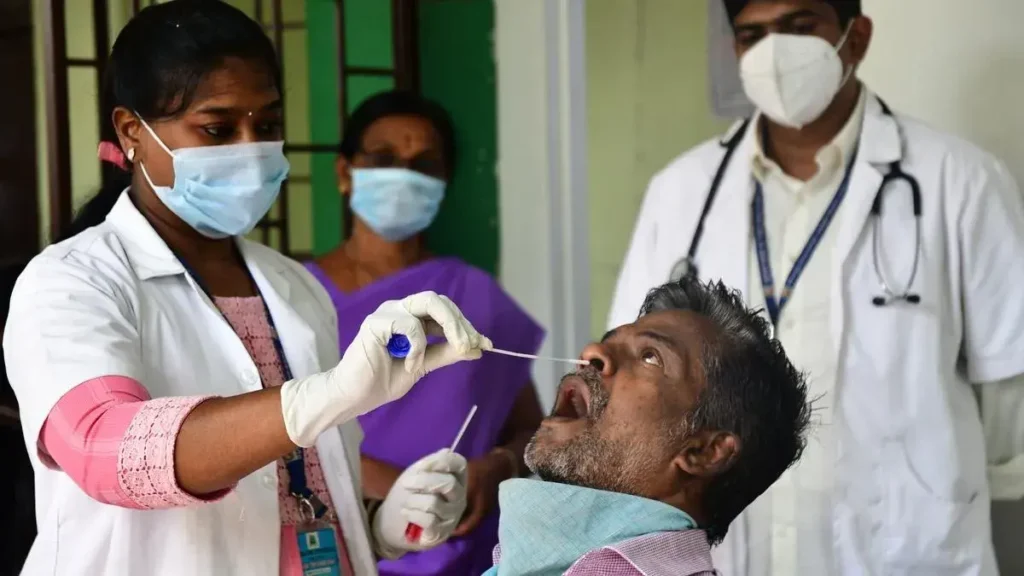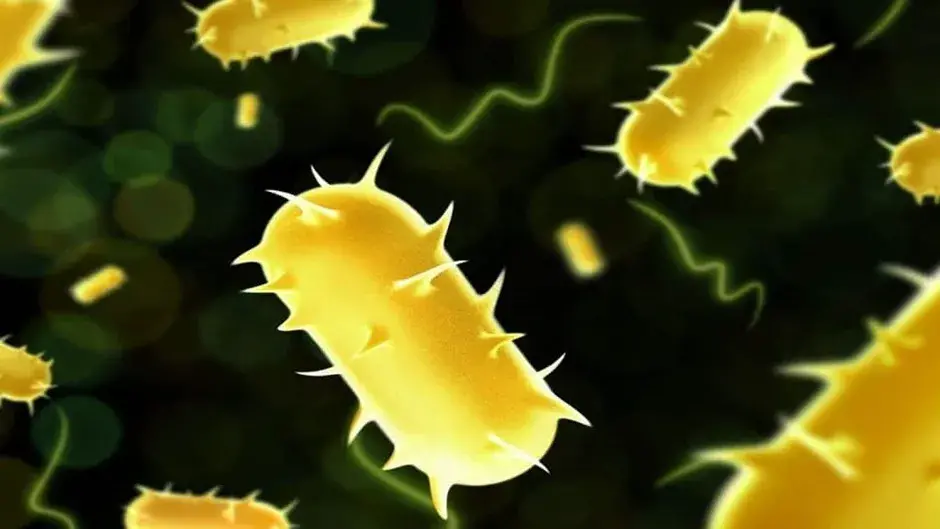Health Ministry Issues Guidelines Ahead of Summer Heatwave: Key Precautions
As the summer season approaches, the Ministry of Health has taken proactive steps to ensure public safety amidst rising temperatures and potential heatwaves. Here are the key precautions outlined by the Ministry following a review meeting led by Union Health Minister, Dr. Mansukh Mandaviya: Review Meeting Highlights: The Union Health Minister chaired a review meeting with stakeholders to assess preparedness in tackling heat-related illnesses. Dr. Bharati Pawar, MoS (Health), Dr. V K Paul, Member (Health) at NITI Aayog, and Shri Apurva Chandra, Secretary (Health), were among the dignitaries present. Importance of Awareness: Dr. Mansukh Mandaviya emphasized the importance of continuous efforts to generate awareness among people for better management of heatwaves. Timely and wide-reaching awareness can significantly reduce the severe impact of heatwaves. Guidelines for Heatwave Management: Dos: Stay hydrated Block direct sunlight Remain covered Stay indoors during 12 pm – 4 pm Don’ts: Avoid going out between 12 pm to 4 pm Minimize outdoor activities in the sun Avoid cooking from 2 pm to 4 pm Never leave kids and pets unattended inside a vehicle Avoid alcohol, tea, coffee, sugary drinks, and fizzy drinks Refrain from walking barefoot Additional Precautions: Monitor the health of elderly or sick individuals living alone daily. Keep homes cool using curtains, shutters, or sunshades, and open windows at night. Prefer lower floors during the day and use fans and damp clothes to cool down the body. These guidelines supplement earlier precautions provided by the Health Ministry to combat the effects of rising temperatures. By adhering to these measures, individuals can mitigate the risks associated with heat-related illnesses and ensure their well-being during the summer months.
Health Ministry Issues Guidelines Ahead of Summer Heatwave: Key Precautions Read More »





